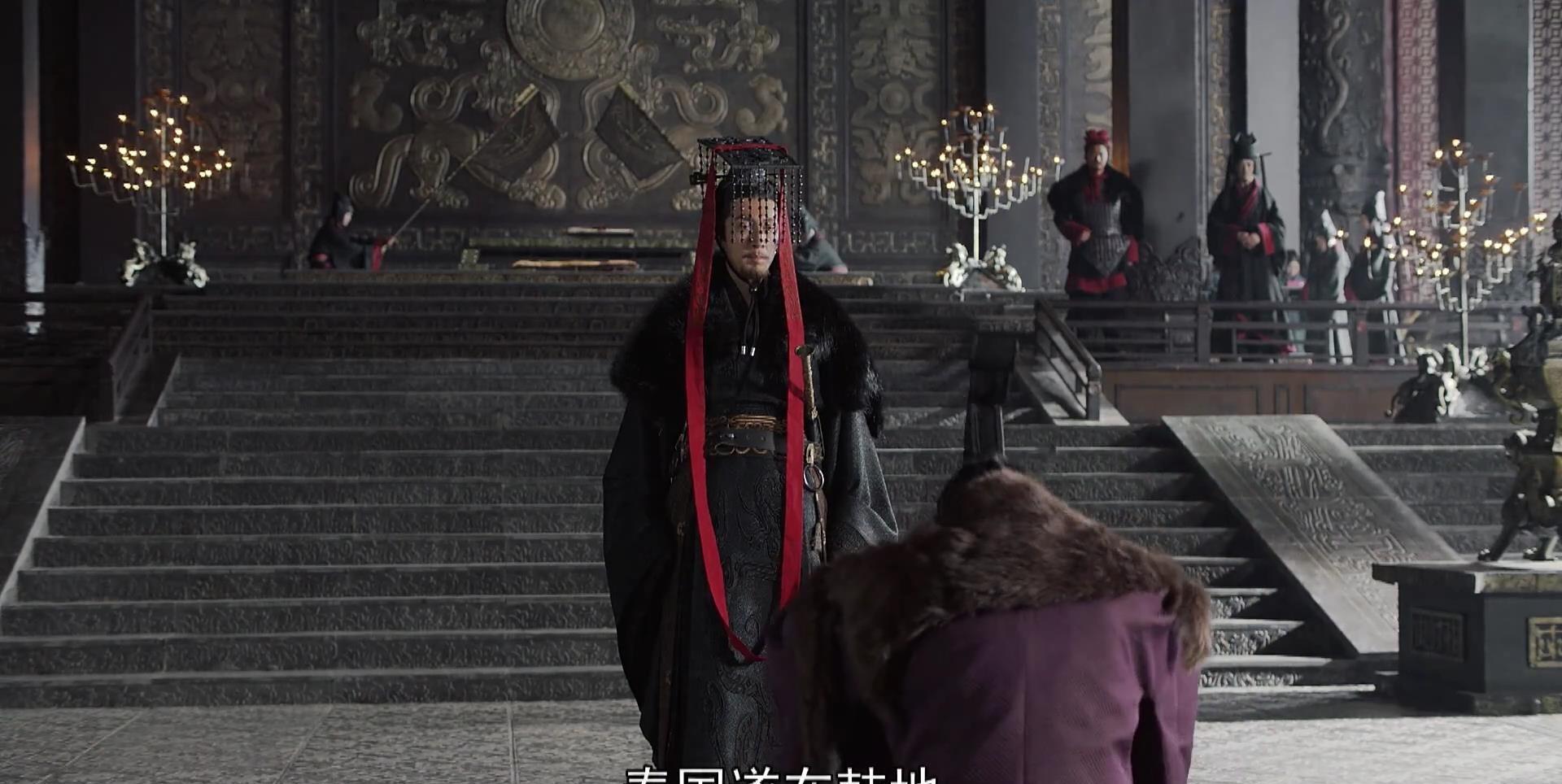"Great Qin Fu" is quite disappointing to see the ending.
The final story is how Yin Zheng (Zhang Luyi) destroyed the Six Kingdoms, but it doesn't feel as good as the previous unit of Ping Ding Yi (Ye Xiangming).
One of the most intuitive feelings is that the story of the destruction of the Six Kingdoms is too hasty, and some places are chaotic.

Great Qin Fu
South Korea was the first to perish, but it took less than one episode to destroy Han.
After that, it was Zhao Guo, and the unit that destroyed Zhao was much more exciting.
Guo Kai (Liu Guanlin), Li Mu (Lu Yong), Zhao You (Li Xiaoning), and Empress Gao (Gao Shuyao) are the key characters who enrich the watchability of the plot, and there are also many big scenes.
But the story after that is more confusing.
In the front, the plot is basically a one-line narrative, that is, there is only one story line.
However, the story after the destruction of Zhao is multi-line parallel, multiple story lines unfold together, and some places have been simplified.
After Yingzheng destroyed Zhao, the Prince of Chu (Hong Huanzhi) overthrew the current Chu king Xiong Yu and wanted to unite with Yan and Wei to jointly resist Qin.
At the same time, the old Han capital Xinzheng rebelled, and the old Han Shi people occupied Xinzheng.
Xiang Yan (Wei Binghua) led an army of 200,000 to Hangu Pass.
At this time, Wang Qi (You Yongzhi) is still quelling the rebellion of the old Zhao Shi clan in Handan.
Yin Zheng asked Qi Qi (Luan Yuanhui) to send an envoy to the Chu state to provoke a contradiction between the royal family and the warrior clan, and as long as the foundation of the negative blade was not stable, Xiang Yan would be recalled.
After Xiang Yan returned to his division, the State of Wei immediately sent an envoy, Wei Xia (Zhao Gang), to the State of Qin, indicating his willingness to become a vassal state of the State of Qin.
After the State of Wei and the State of Qin, the only state of Chu left to ally with was the State of Qi.
Yin Zheng then asked Yao Jia (Wang Chao) and Qi Qi to send envoys to the State of Qi in order to break the Qi-Chu alliance.
On the other side of the Yan Kingdom, the crown prince Ji Dan (Li Haoxuan) is planning to assassinate the King of Qin with Jing Ke (Meng Zhaozhong).
In terms of plot arrangement, "Great Qin Fu" is at the same time, at the same time, spreading several narrative lines:
First, the reason why Qi Qi was able to provoke the contradiction between the royal family and the warrior clan in the Chu state was that "dividing the seals" was used as bait, and Qi Qi had advised Yingzheng to adopt a system of sub-feudalism, but Yingzheng advocated the county system.
Here is the narrative line of "the contradiction between the feudal system and the county system".
The second is Jing Ke's thorn Qin.
The State of Yan was weak and powerless to resist Qin, so it played the role of an intermediary, so there was a crown prince Ji Dan who instructed Jing Ke to stab Qin.
Moreover, along with the narrative lines of Yingzheng exterminating Yan, annihilating Wei, and exterminating Chu.
Therefore, it is a bit confusing to say that this story is hasty, and the reason for the haste is that some places have been omitted or simplified.
For example, The motives and causes of Jing Ke's assassination of Qin were omitted.
Without this part of the information, it is difficult to explain why Jing Ke stabbed Qin and failed, because Jing Ke could have killed Si Yingzheng.
On the contrary, the dispensable scene of Prince Dan sending Jing Ke away is depicted in detail.
Also, the old Han capital city of Xinzheng was occupied; Wang Qi quelled the rebellion of the old Zhao Shi clan in Handan;
Wang Ben was quelling the rebellion of the Xinzheng Korean warriors; Zhao Gongzi Jia was proclaimed king on behalf of the land; and the Yan king Gui shrunk liaodong.
These plots have been simplified and only briefly explained with lines, which is also where the plot arrangement is insufficient.
In my personal opinion, if the scenes of Lü Buwei (Duan Yihong) and Yan Yi in the front are deleted a little, the story of the destruction of the Six Kingdoms in the back does not have to be so hasty.
Almost a country is wiped out in one or two episodes, and many places are either omitted or briefly introduced with narration.
It is undeniable that "Great Qin Fu" does have many unsatisfactory places, word of mouth collapses, and the low score is not unreasonable.
The pictures in the text are from the screenshots in the play, if there is infringement, please contact to delete